|
It's Hard to Say I find this question quite intriguing. Since Apple’s MacBook Pro has roughly double the average selling price (ASP) of an iPad, most people would assume that Apple must make a higher gross margin on the MacBook Pro. But that’s not necessarily the case.
Music Acquisition and Control Needs to Improve I hate to say it but this article is right on the mark. Check out this article in Mashable by Pete Pachal. Apple has poured so much effort into the health and exercise aspect of the watch that other functions seem to have been left behind. Notably, music playback.
In using the Apple Watch day to day, I'm also annoyed that audio playback controls — what I would consider a fundamental feature of the watch — are buried. If you're listening to, say, a podcast, in order to pause playback you first need to move your wrist, press the home button, swipe to the Now Playing "glance" (the term Apple uses for app screens), tap to activate the glance, then tap again to actually press pause. That's five steps for something that should be two at the most. – Pete Pachal, Mashable Moving Bits vs Pounds In an interview with Bloomberg, Apple (AAPL) Co-founder Steve Wozniak suggested that perhaps Tesla would be the originator of the next big thing in tech as opposed to a large tech company like Apple.
This is laughable. With all due respect to Woz, Tesla specializes in moving people and things. Apple, Google, Facebook etc are truly tech pioneering companies that specialize in moving data and connecting people in new ways. Big difference. The Mechanical Parallel Apple’s marvel of miniature electronics, the Apple Watch, has become an indispensable part of my day and points the way to a future when smartphones offload various functions to satellite devices. But to watch purists, this vision of the future is a cold one. In a piece for Business Insider, Dennis Green writes about how Swiss watch maker H. Moser & Cie has crafted a mechanical watch that mimics Apple’s watch.
More than anything I’ve heard, listening to mechanical watch fans talk about smart watches describes how driving enthusiasts feel about electric cars. Why Hillary Can't Claim Popular Vote Victory In an interview with the New Yorker, Hillary Clinton makes the statement that she beat both Bernie Sanders and Donald Trump. She’s referring to the fact that she beat both candidates in the popular vote.
That’s like a losing football team saying that they actually won because they gained more offensive yards. Or a losing basketball team saying that they should have won because they grabbed more rebounds. If those were the metrics that determined who won, everyone would have played the game differently. Google Is Raiding Retailers I predicted that Google would start tracking purchases via credit card numbers a year ago. I’ll bet some of you thought I was crazy. Reporting for Engadget, Chris Ip wrote a story about how Google is indeed tracking credit card purchases.
First, Google followed you to the store using location data, much like Foursquare. Then its launched its Express shopping service. Now, it will track billions of credit and debit card transactions in an even bigger effort to prove its online ads push users into brick-and-mortar shops. What Would Really Change Transportation? Blah, blah, blah. I’m so tired of the narrative that these evolutionary changes in transportation are some kind of earth-shattering revolution. Peter Valdes-Dapena, writing for CNNTech goes through his list of how everything with driving is changing:
Everything about cars is changing right now. That means how we power them, how drive them and even how we own them. –CNNTech, May 24, 2017 Hardware vs Software I liked this article by Vlad Sadov...
Physical things anchor our gadget lust in the real world and ultimately soak up whatever goodwill the software on those gadgets engenders. Yes, people have their favorite apps, but the appreciation for an app’s quality rarely translates into love for its maker. With hardware, on the other hand, a great user experience is almost always converted into brand loyalty. That’s part of Apple’s grand success, it’s the catalyst for growing fan appreciation for Microsoft and Amazon, and it was the thing that made Google I/O feel a bit boring. –Vlad Sadov, The Verge If you’re going to buy somebody a gift for an occasion like their birthday or Christmas, you never think about software. The software may make the gadget more appealing but it’s still the physical gadget that gets all the glory. Did Samsung Forget About Tablets? This is encouraging. 9to5Mac is reporting rumors that the upcoming iPhone 8 is shorter than the Plus model but slightly wider than the non-Plus 4.7” iPhone. This would be the best case scenario.
I’ve been concerned that Apple would give the new flagship iPhone a taller and narrower aspect ratio. As I’ve written before, narrow screens make viewing the internet terrible when holding your device in portrait mode. Hardware vs Software Rumor has it that Apple is about to launch an Amazon Echo–like competitor at WWDC next month. Something that I never thought they’d do. I figured that Apple’s most likely course of action was to improve Siri. Unlike Amazon, Apple already has Siri distribution points all through our lives. In our phones, tablets, watches, Apple TVs and MacBooks. And yet the Echo seems to be running away with the household assistance market. Why?
Besides a 50% Sales Decline Chris Chavez over at Phandroid makes the case that the curved screen on Samsung’s Galaxy S8 is actually the phone’s worst feature. The fact that Samsung made another dumb decision that favors a marketing gimmick at the expense of the user experience does not surprise me.
Picture this: a smartphone manufacturer makes a new smartphone with the best display on the market. The only caveat is that there’s excessive distortion and light bleed along the side edges. Would this phone be given rave reviews? Not a freakin’ chance, but that’s exactly what you see with the Galaxy S8. –Chris Chavez, Phandroid The iPhone's Partial Successor? Alex Kipman, the inventor of the HoloLens, is absolutely correct. Smartphones will eventually be replaced by augmented reality wearables. Even I can see it coming.
We’re not going to come out with another device that someone’s done,” says marketing chief Mehdi. Anyway, smartphones are yesterday’s news, says HoloLens inventor and in-house futurist Alex Kipman. “The phone is already dead,” he says. “People just haven’t realized.” Kipman is convinced some kind of mixed-reality device like the HoloLens will replace the phone—a theory echoed over at Apple. –Alex Kipman, HoloLens Inventor The MacBook Is the Worst of Both Worlds Every now and then I hear someone ask why Apple’s MacBook couldn’t fill that middle ground between using an iPad and a MacBook Pro. One thing is certain, only people who primarily use a Mac ask that question.
Factory Automation Is Our Only Hope About once a month Glenn Beck freaks out on his radio show over the coming AI apocalypse. He’s worried that one day companies will have so many robots that no one will have jobs to do. His problem is that he constantly talks to people who know a lot about tech. But not much about manufacturing or economics.
Step 1 – Get into consumer’s homes with an always-on listening cylinder
Step 2 – Add a 7” screen to make video calling possible Step 3 – Make it thinner and give it an all-day battery so that it’s portable. Step 4 – Add a small pocket-sized version with cellular so that you can take it with you out of the house. Remember the great economic collapse of 2008? Millions of people lost their jobs…and their health insurance. When the Democrats try to make the argument that Obamacare has allowed millions of people to get health insurance, they always compare to this specific low point. It’s a bogus stat that is doctored for propaganda purposes. As the economy recovered and the unemployment rate went down, guess what happened? More people gained health insurance because they got a job.
Tablets Make More Sense in the Office I enjoyed the movie The Circle and highly recommend it. Before it came out I had written about how it appeared to be more about Google than Apple. But after actually seeing the movie, I think it's probably more about Facebook than anyone.
I Told You So Privacy is kind of like your local police force. It’s crucial to an orderly society, but most people don’t need it very often. Nonetheless, it’s crucial that both privacy and your local police force are maintained.
Ars Technica is reporting this week that more Android apps than ever are covertly listening for inaudible signals in broadcast media. The apps silently listen for ultrasonic sounds that marketers use as high-tech beacons to indicate when a phone user is viewing a TV commercial or other type of targeted audio. A representative sample of just five of the 234 apps have been downloaded from 2.25 million to 11.1 million times, according to researchers, citing official Google Play figures. None of them discloses the tracking capabilities in their privacy policies. –Dan Goodwin, Ars Technica The Free Market Works If I could interview any one person in the Trump administration it would be Ajit Pai. This guy is brilliant and probably one of Donald Trump’s top three appointments. He’s a free market capitalist that understands the big picture of the internet and the threats that are arrayed against it. I heard him on a podcast while out running today and couldn’t resist posting a link to his fifteen-minute interview by Glenn Beck. You’ll need to fast-forward to the 1:11:20 mark: 5/2/17 – Ajit Pai, Christina Hoff Sommers, and Steve Deace Join Glenn Beck Net neutrality is a horrendous idea that threatens the very foundations of the internet economy. It is the equivalent of enacting 1950’s communist Russian policies in America. In other words, it stifles innovation. Most tech blogs don’t understand the ramifications of net neutrality and have an almost child-like understanding of economics. Their primary error is in believing that the net owes the little guy equal access to resources. This isn’t true in the real world nor should it be true on the internet.
Let me give you a brief example. Let’s say that you think you could build a better iPhone. You draw up your schematics and go out to buy your materials. You are then shocked to find that you can’t get as good of a price for memory chips, displays, and aluminum as Apple (AAPL). Your competitor to the iPhone is going to cost you $2,000 per unit to produce. You cry foul that the system is rigged against you. Your material vendors say “No, you just don’t buy enough materials to get an Apple-level discount.” This is why small businesses rarely attack large corporations head-on. They look for niche markets where the big guys don’t want to play, and they can charge higher prices to cover their cost of business. Internet companies will have to be no different. If you want to attack Google by starting a business out of your basement, good luck with that. But if you design something unique like Plex, more power to you. But using government regulations to ensure everyone has equal access to resources is a communist idea that no one outside of North Korea should be gullible enough to believe. Related: The Danger of Net Neutrality Net Neutrality and the California Drought |
Robert PerezManufacturing and distribution analysis since 1993. Perezonomics is available in Apple News
Archives
October 2024
|

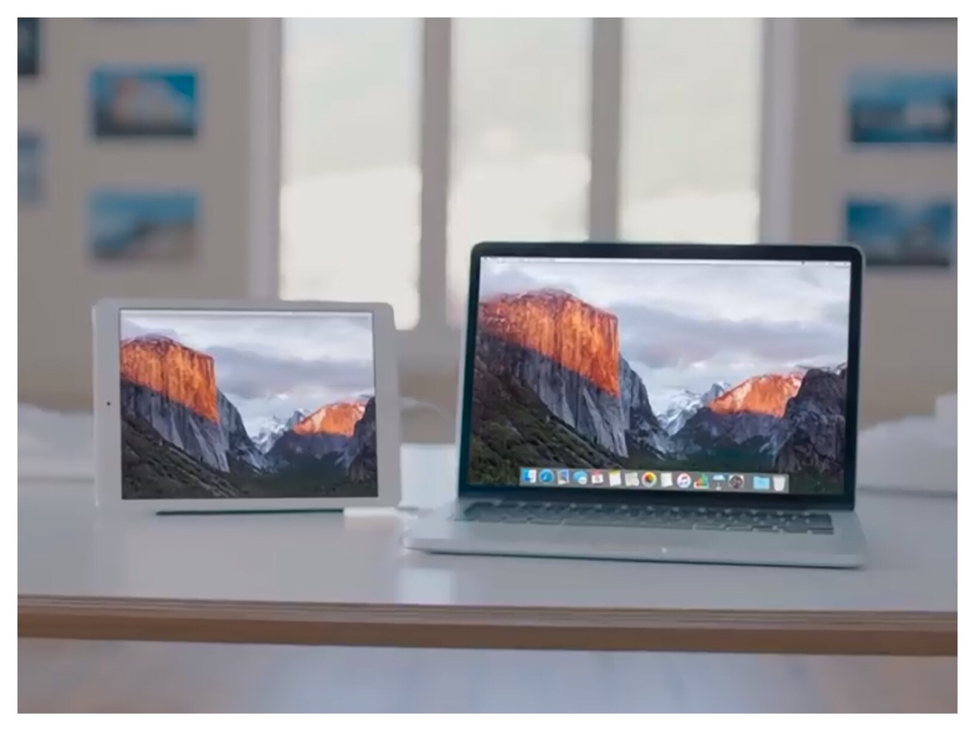
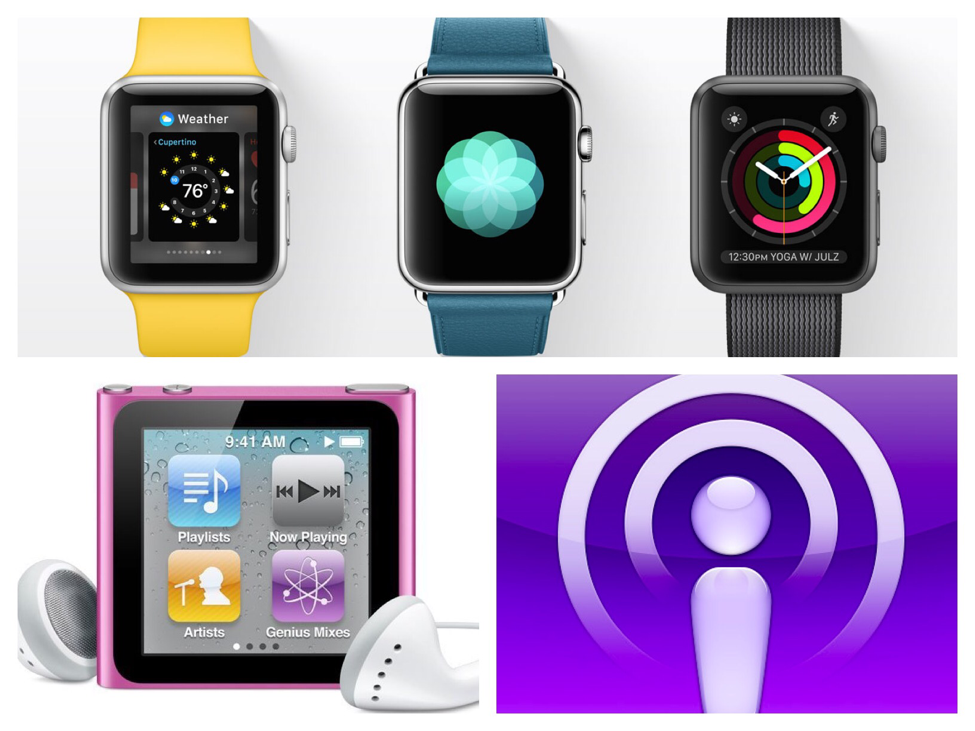

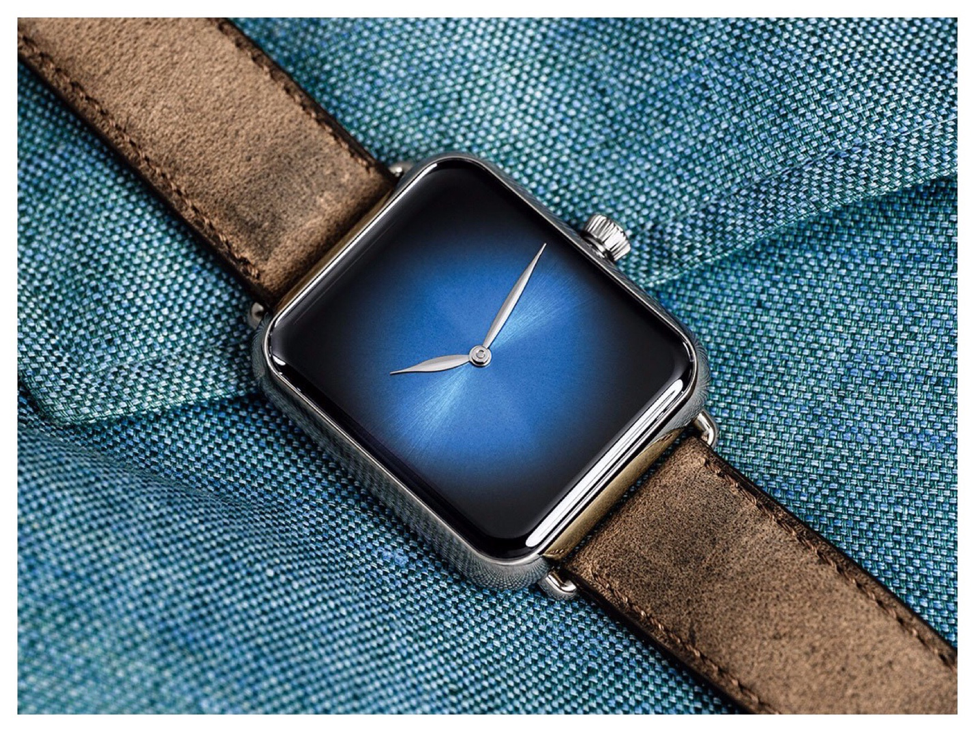



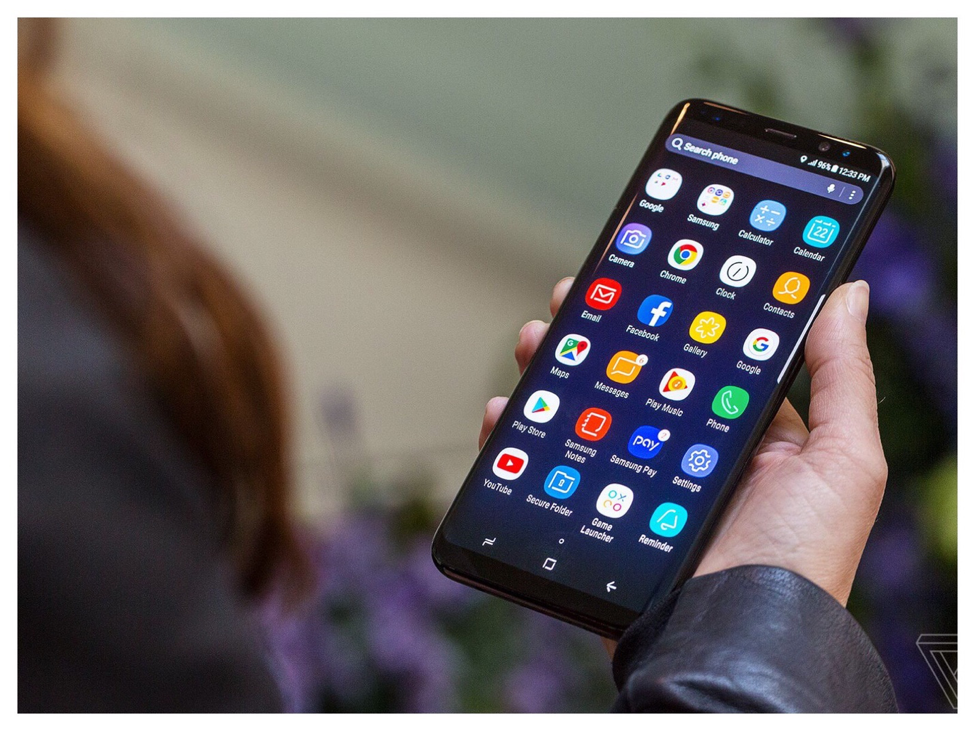
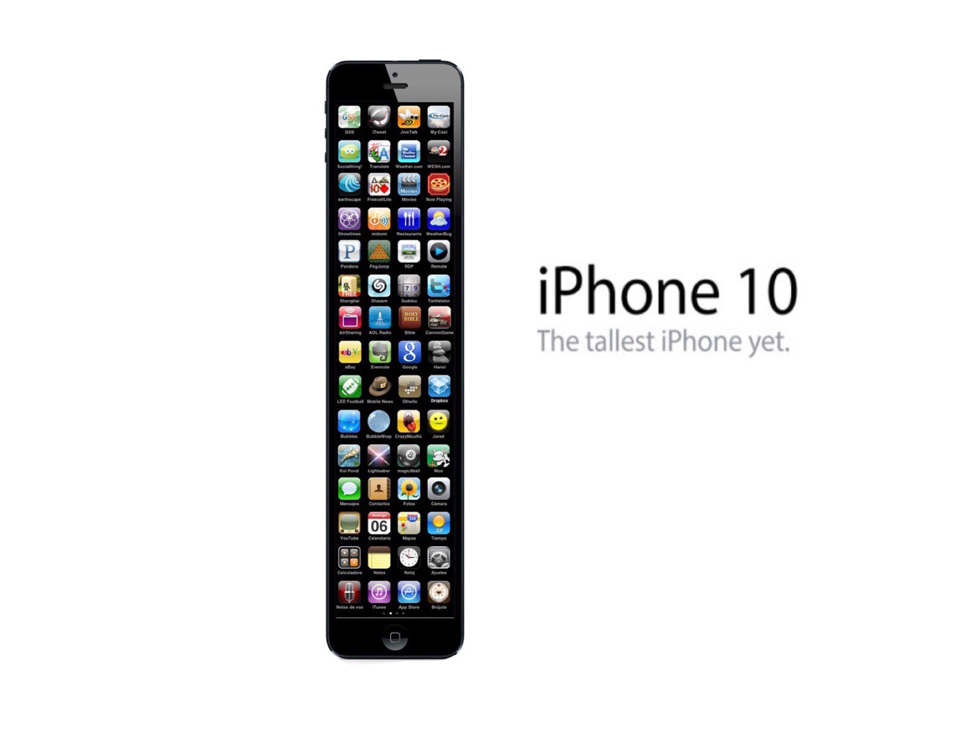
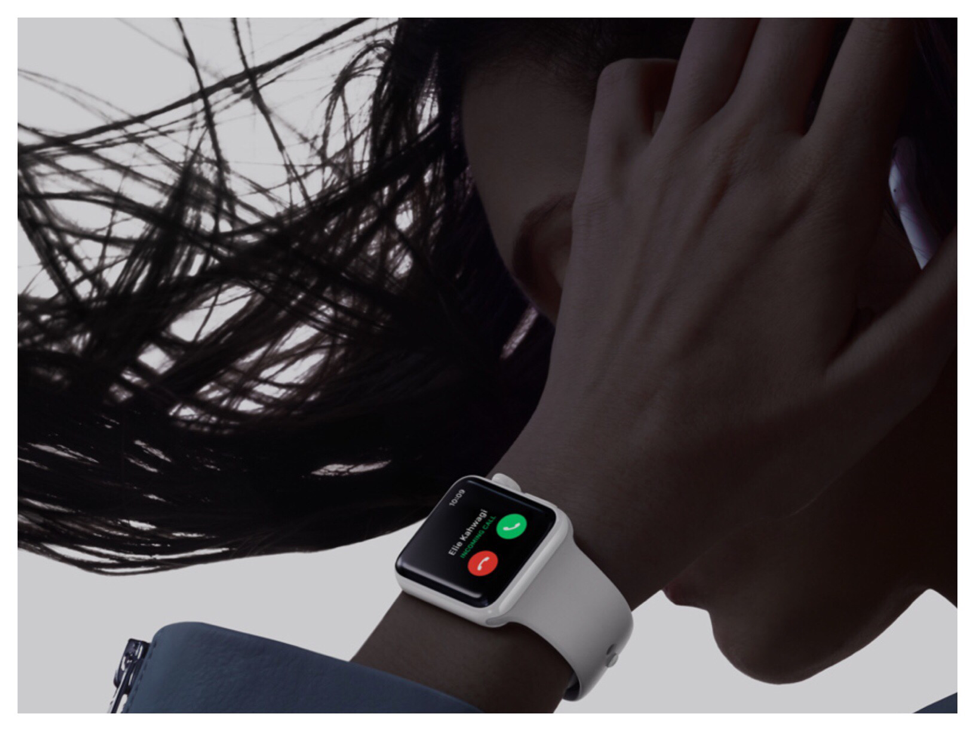
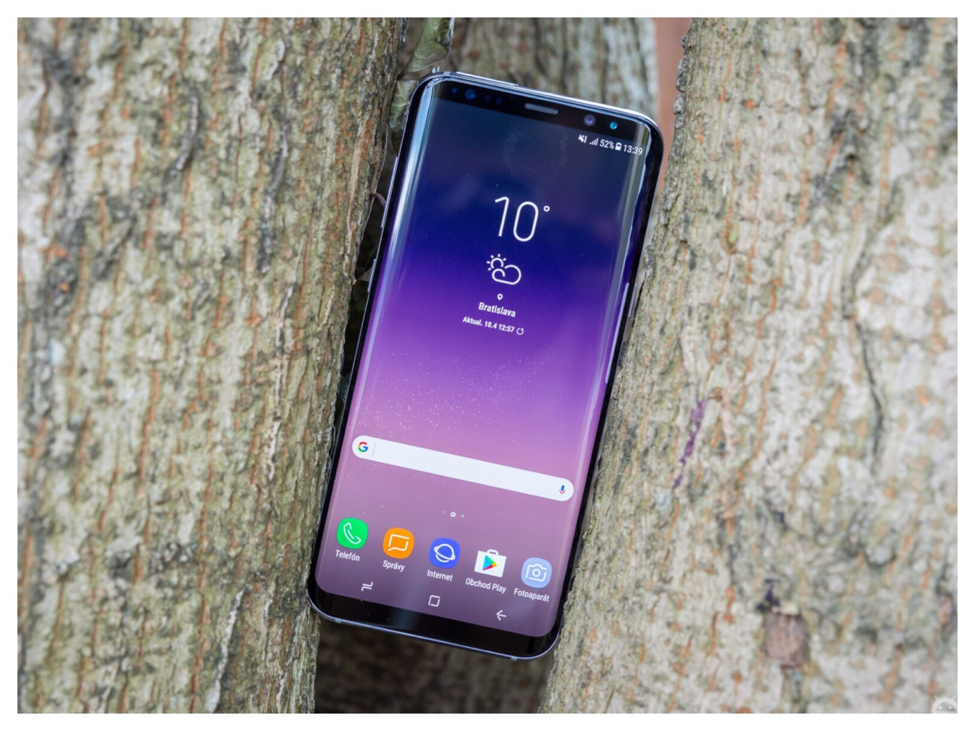
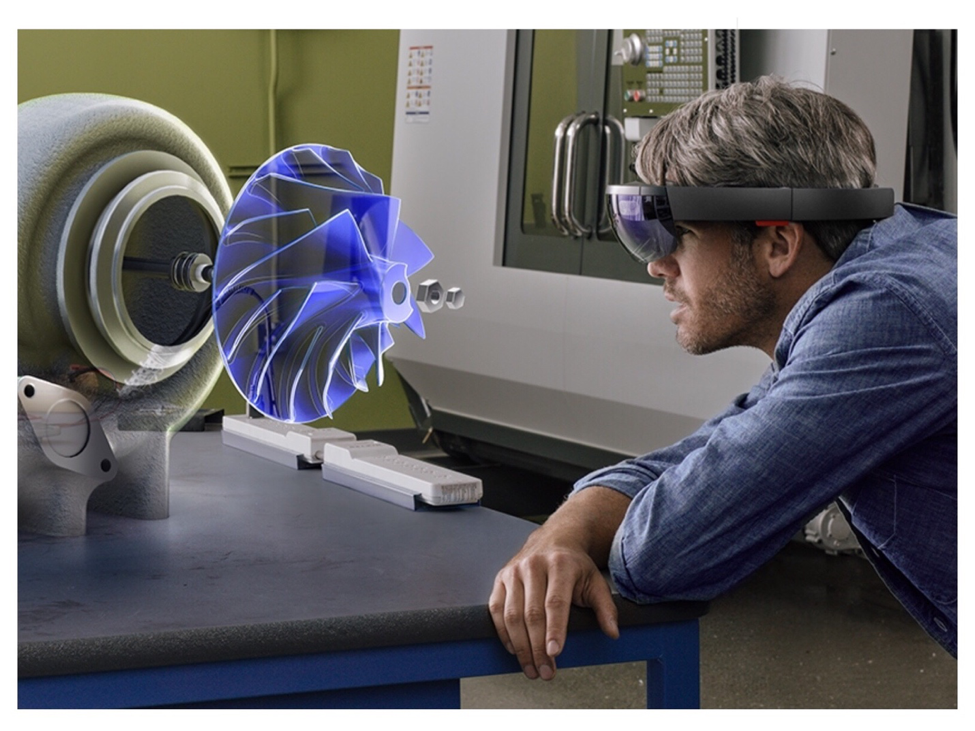
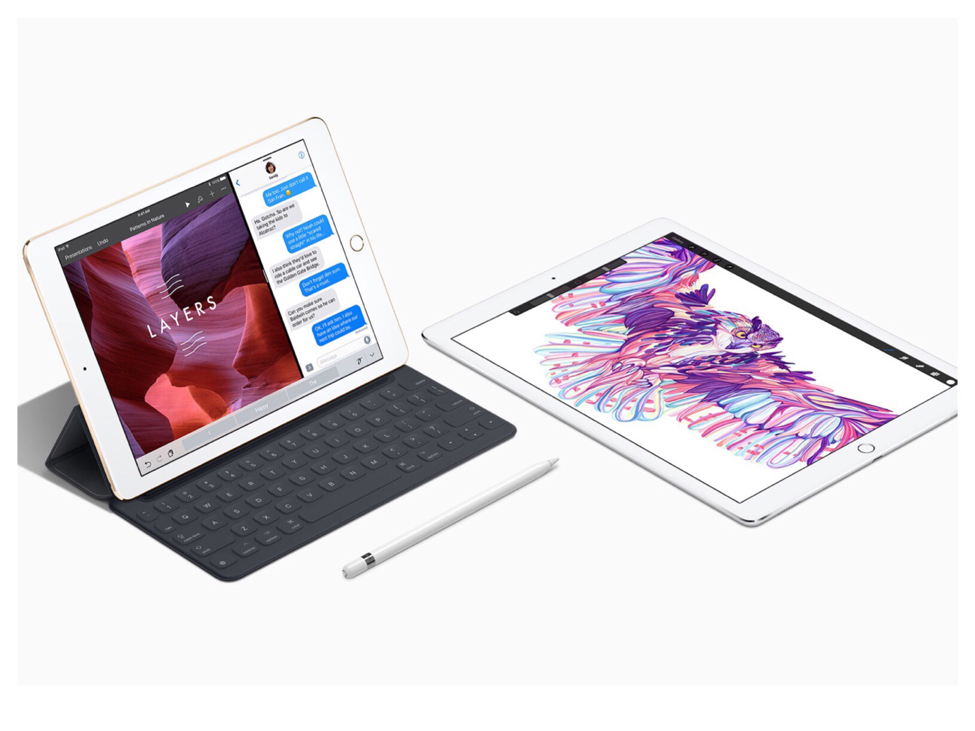

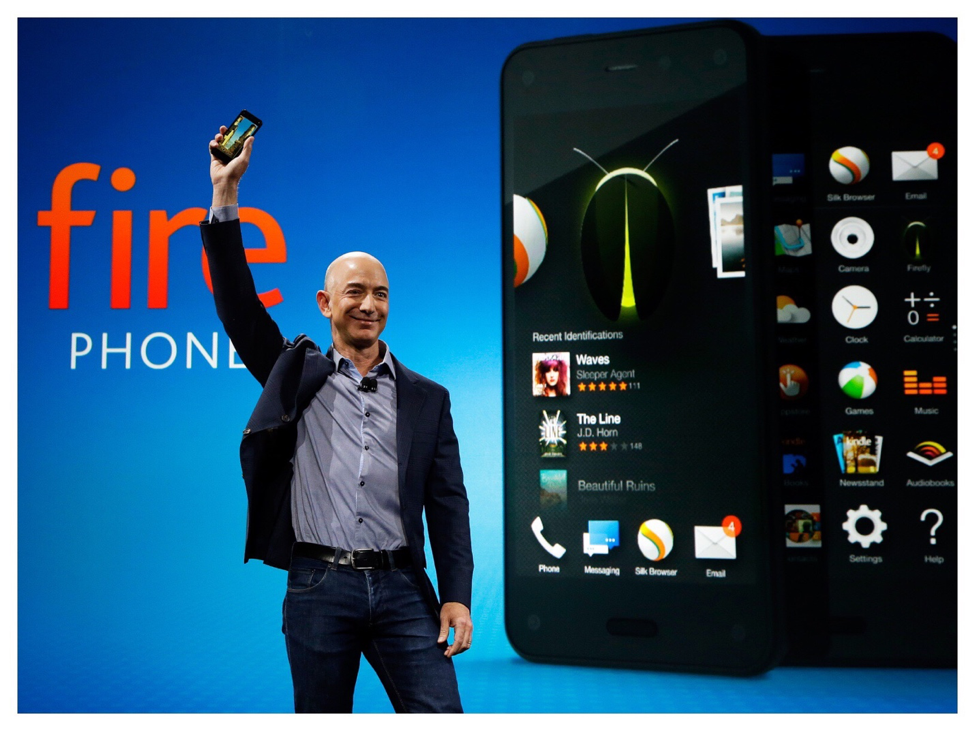
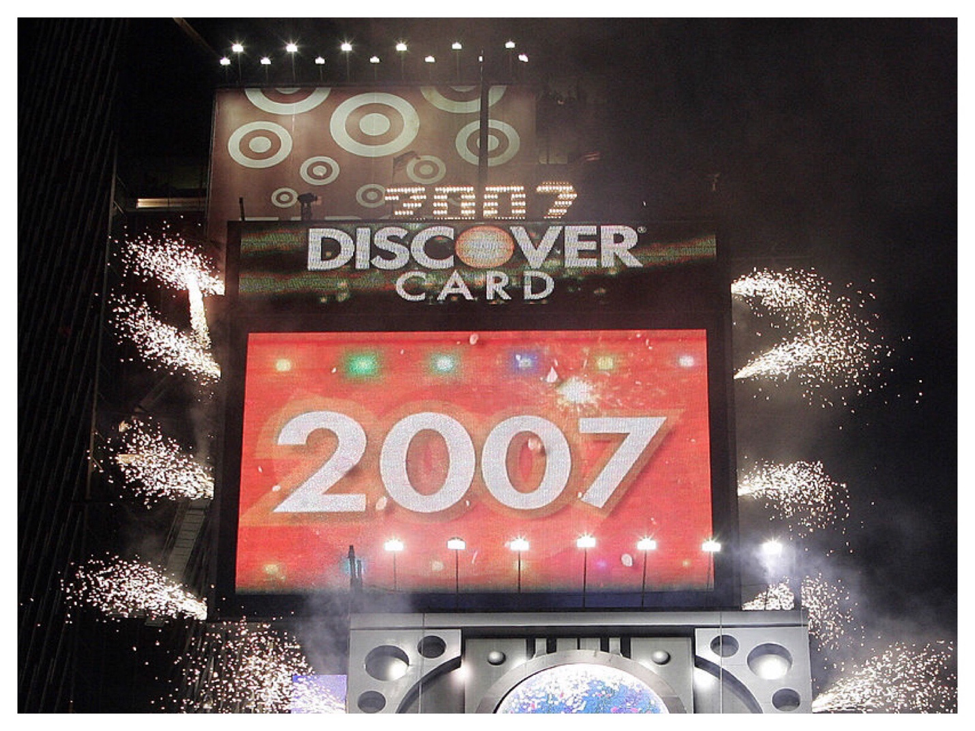
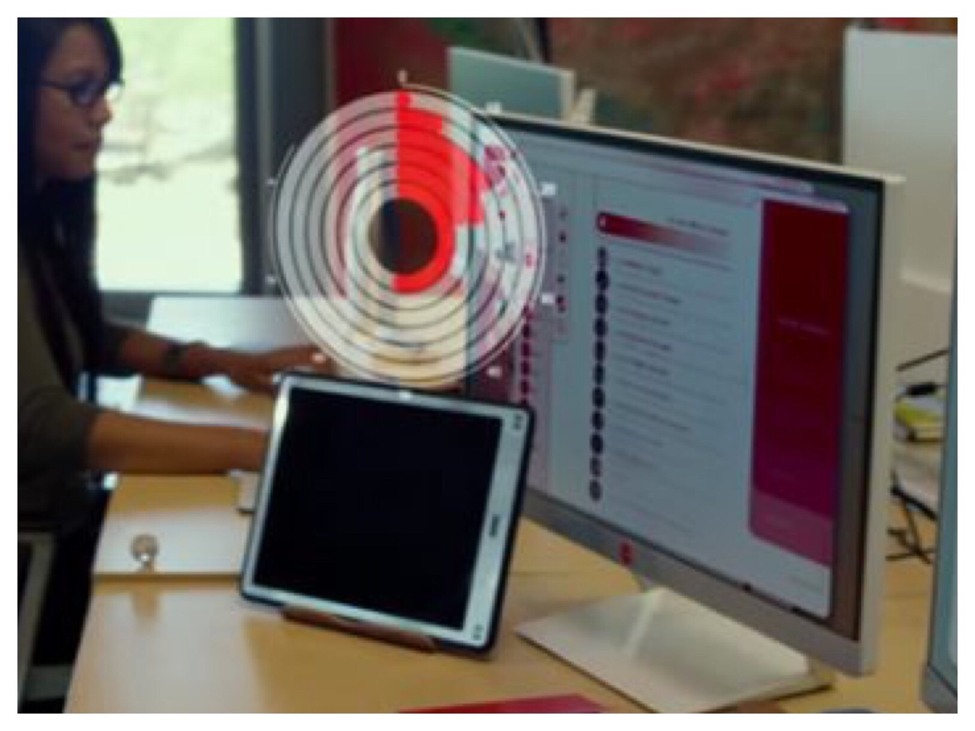
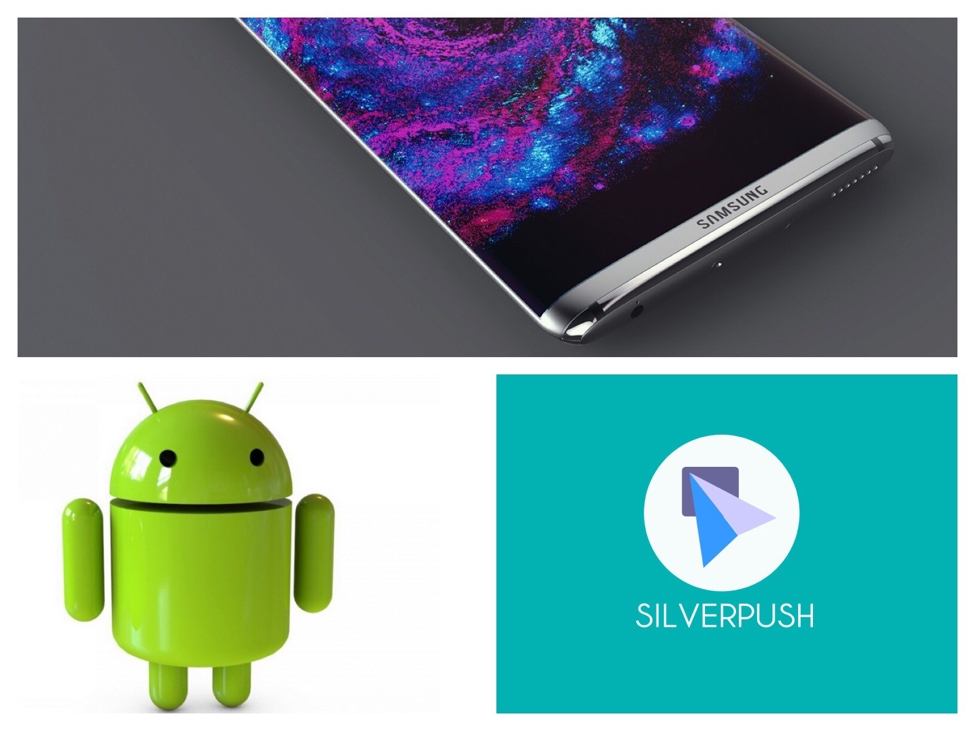
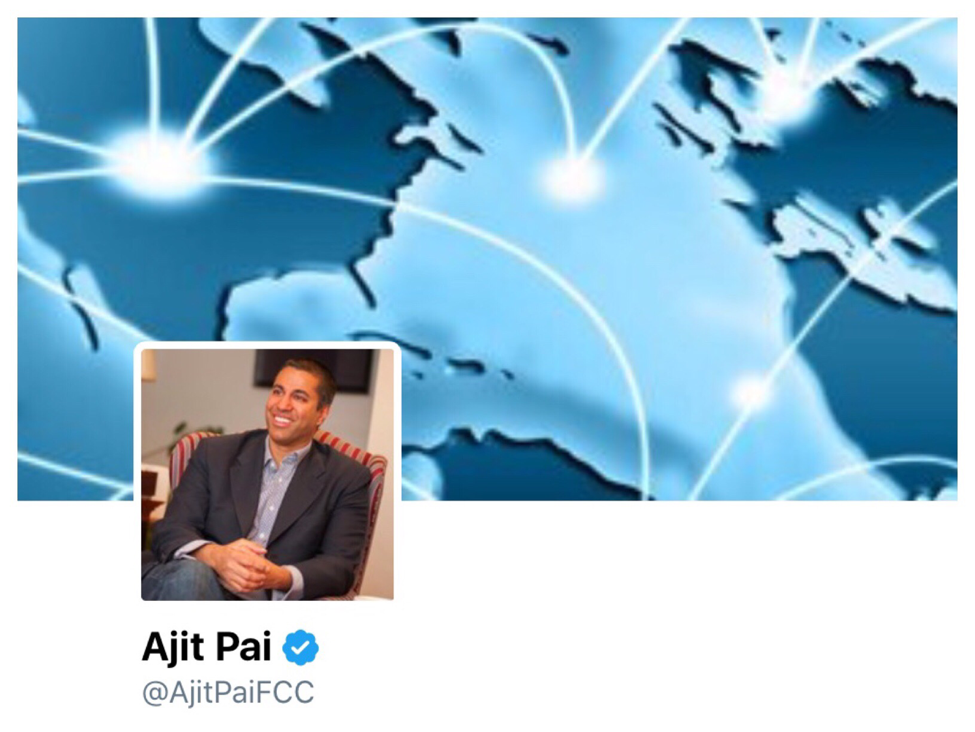

 RSS Feed
RSS Feed